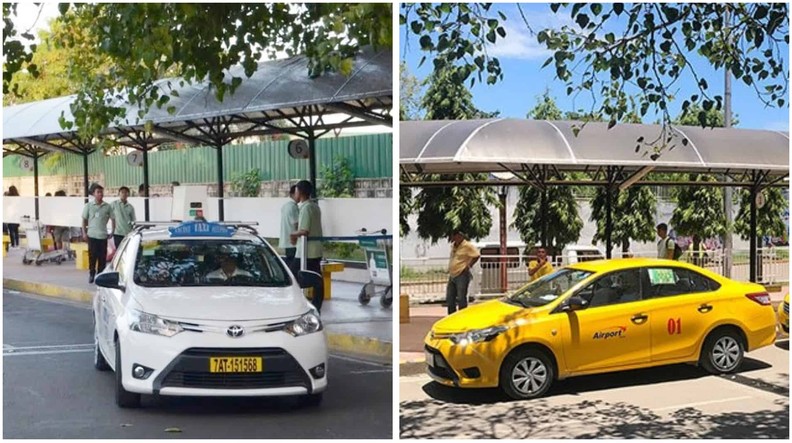Going to different locations means acknowledging that there are practices you may not be aware of. Customs and traditions differ depending on the different areas you visit. Knowing some etiquette before and after the arrival would serve as a courtesy and a universal language of politeness and professional acts.
And as a travel business leader, it is essential to execute the following points and manifest them to your clients. In that way, we would avoid conflicting issues in a conventional society. You should also apply this as you reestablish your company after participating in a business buy sell takeover. Display the appropriate acts if you wish to sell a business in Philippines in Easy Buy Business, a business for sales platform. Here are some of them.
Non-verbal Communication
Gestures and body language in the Philippines are widely practiced. It serves different forms of communication, capturing fundamental meanings. Sometimes, it could be subtle that tourists may find difficult to spot.
- Raising eyebrows means “no,” while a flash is a form of greeting.
- Unlike in other parts of the world, excessive eye contact is considered a sign of disrespect.
- Pouting lips is very common. It usually means they are pointing at something instead of using their fingers.
- Lowering heads while passing between people would serve as an “excuse” or “pardon.”
- To show respect to elders, gently touch their hand and position it at your forehead while bowing.
- Shaking hands when being introduced is crucial. You could practice it at corporate travel agencies and or meeting business partners the first time.
Food and Dining
Food and eating culture in the country is central for most families. It displays the caring and nurturing personality of Filipinos. The nation has a number of customs and points in terms of this practice, especially with the presence of a vast number of locals. Meanwhile, travel agencies arrange hotels, travel activities and schedule dining events for their travelers. You could familiarize your clients with the following.
- It is inconsiderate to move the table, pick up the utensils, and leave before everyone has finished eating.
- Chatting is normal and could serve as a catch-up moments for families and relatives. You just need to be wary of your questions.
- Requesting to pack leftover food in restaurants, events, and gatherings are considered normal.
- Filipinos practice eating using their hands as an alternative to utensils. There is a practice called boodle fight where the participants would eat in a giant banana leaf.
- Usually, Filipinos leave a bit of food in central service in case anyone would want more. Dishes are served with rice.
General and Essential Tips for Travellers
It is important to be a good guest, especially if you’re in an unfamiliar place with unfamiliar people. You wouldn’t want to offend people and act insensitively towards their culture. So here are more tips you could follow for an appealing impression.
- Learn the background and at least a bit of language to the location you’re going to visit. Remember to be careful with the pronunciation and meaning.
- Arrive at the meeting areas or offices earlier than anticipated. Your attitude towards their time reflects importance. Inform them if you’re going to be delayed.
- Ensure you have your itinerary and other important things with you. Keep yourself updated with the information of flight.
- Dress appropriately. Know the distinctness between corporate and comfortable meetups. Avoid assumptions and do research.
- Finally, negotiate efficiently and keep things pleasant. However, it doesn’t mean you have to stop experiencing. You’re free to enjoy.




